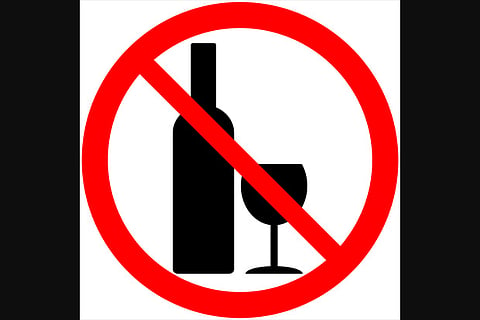

Chennai
Prohibition, be it in phases or total, is all about the users. Until the impulse comes from the people themselves, the process of sustaining a ban through policing is next to impossible. Instances of smuggling from neighbouring states, courts being flooded with alcohol-related cases, hooch accidents and many other factors are bound to take centre stage.
On the other hand, it is a case of bad economics for the government. As of now, the revenue through alcohol sale has rapidly increased from Rs 3.7 crore in 2003-2004 to Rs 29 crore this year. This contributes to nearly 30 per cent of Tamil Nadu’s revenue through its taxes. Now, the scope to offset this loss is bound to depend on aspects like increasing bus fares, introducing new taxes on petrol sale, businesses and self-employed people.
Even the argument that every bottle sold wrecks a family in terms of domestic violence and ruins the social fabric has no takers. They point out that users despite prohibition will still find alcohol. But this time around they will have to pay more putting the issue back to square one.
Extensive studies on the chequered history of prohibition and the U-turn that has come forth in every state reveal that prohibition at best has resulted in illicit brewing and liquor smuggling mainly by political patrons becomes a big industry. For now, the only way out seems to be to build an awareness about the ills of alcohol so that people abstain from drinking, be they rich or poor.
Visit news.dtnext.in to explore our interactive epaper!
Download the DT Next app for more exciting features!
Click here for iOS
Click here for Android